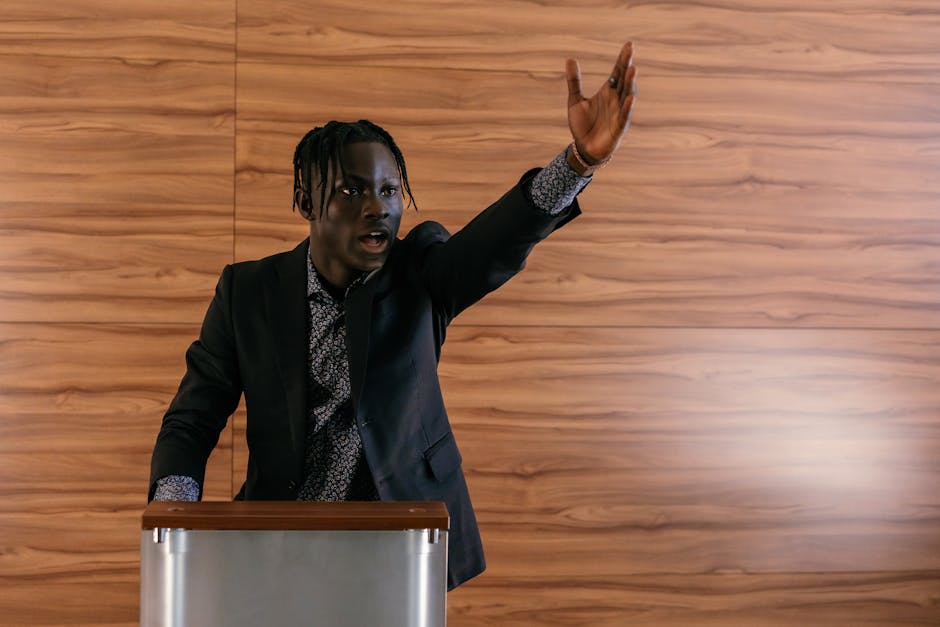

Senator Elizabeth Warren, a steadfast critic of the cryptocurrency industry, recently found herself at the center of a legal challenge from Changpeng Zhao (CZ), the prominent founder of Binance. Following CZ's controversial pardon by former President Donald Trump, his legal team reportedly threatened Warren with a defamation lawsuit over her statements on X (formerly Twitter). However, the Massachusetts Senator swiftly rejected the threat as "without merit," unequivocally underscoring her unwavering stance against what she perceives as significant risks within the digital asset space. This incident highlights the intensifying friction between political figures advocating stringent crypto regulation and industry leaders who have faced legal scrutiny.
The Context: CZ's Legal Journey and a Controversial Pardon
Changpeng Zhao, once a towering figure in the crypto world, faced significant legal battles concerning Binance's global operations. In late 2023, he pleaded guilty to charges including money laundering and sanctions violations. This plea led to his resignation as Binance's CEO and the imposition of a substantial fine against the exchange, marking a seismic shift in the crypto landscape. Many anticipated a considerable prison sentence for CZ. However, a surprising development saw former President Donald Trump issue a pardon to CZ, a move that ignited widespread debate across political and financial sectors. This pardon, effectively clearing CZ of federal convictions, potentially emboldened his legal team to challenge those critical of his past actions and the industry he represents.
Senator Warren's Persistent Scrutiny of Cryptocurrency
Senator Elizabeth Warren has consistently positioned herself as one of the most vocal and unyielding opponents of the cryptocurrency industry in the U.S. Her concerns are well-documented, predominantly revolving around the potential use of digital assets for illicit finance, including drug trafficking, ransomware, and terrorism funding. She has tirelessly called for robust regulatory frameworks, advocating for measures that would subject the crypto sector to the same stringent anti-money laundering (AML) and know-your-customer (KYC) rules that govern traditional financial institutions. Warren has frequently labeled crypto as a haven for criminals and has specifically targeted figures like CZ, questioning their compliance and the broader operational integrity of their platforms. These public criticisms, delivered through various platforms including social media and congressional hearings, form the backdrop against which the recent defamation threat emerged.
The Defamation Threat: A Post-Pardon Gambit
The catalyst for the recent confrontation was a reported communication from Teresa Goody Guillén, a lawyer representing Changpeng Zhao. Guillén allegedly sent a letter threatening to sue Senator Warren for "defamatory statements" made on X. While the exact content of Warren's alleged defamatory tweets was not immediately specified, it is widely understood to relate to her continuous criticisms linking cryptocurrency, and by extension, leaders like CZ, to illegal activities and financial malfeasance. The timing of this threat—coming after CZ's federal pardon—suggests a strategic move by his legal team to rehabilitate his public image and potentially silence powerful detractors. For public figures, defamation claims can be notoriously complex, often requiring proof of "actual malice," especially when the speech concerns matters of significant public interest.
Warren's Firm Rebuff and Broader Implications
Senator Warren's office responded unequivocally to the legal threat, dismissing it as "without merit." This immediate and resolute rejection served not only as a legal dismissal but also as a powerful political declaration, reaffirming her commitment to scrutinizing the crypto industry without intimidation. The incident illuminates the ongoing tension between free speech, political accountability, and the narrative surrounding digital assets. On one side, industry figures like CZ seek to protect their reputations and argue for the legitimacy and innovation of their ventures. On the other, lawmakers like Warren view it as their fundamental duty to highlight potential risks and advocate for public safety and financial integrity. This clash is a microcosm of the larger regulatory debate, where powerful interests and deeply held convictions often collide, shaping the future of finance and technology.
Conclusion: The Enduring Battle for Crypto's Future
The recent standoff between Elizabeth Warren and Changpeng Zhao's legal team vividly demonstrates the high stakes involved in the ongoing debate over cryptocurrency regulation. While CZ's pardon may have offered him a legal fresh start, it has clearly not softened the resolve of critics like Senator Warren. Her swift dismissal of the defamation threat reinforces her belief that her statements are legitimate exercises of her oversight responsibilities and critical discourse, not grounds for legal challenge. As the digital asset landscape continues to evolve, this confrontation underscores the perpetual tension between innovation and regulation, and the powerful voices that continue to shape its future, keeping the crypto debate firmly in the public eye.
Keywords: Crypto
